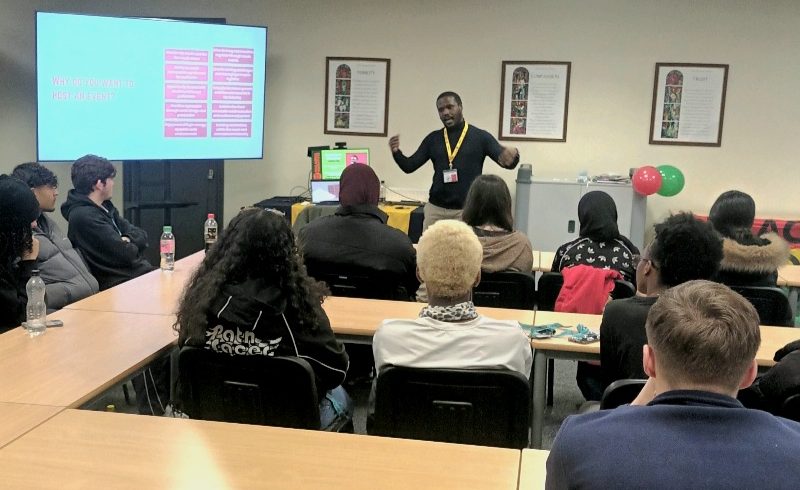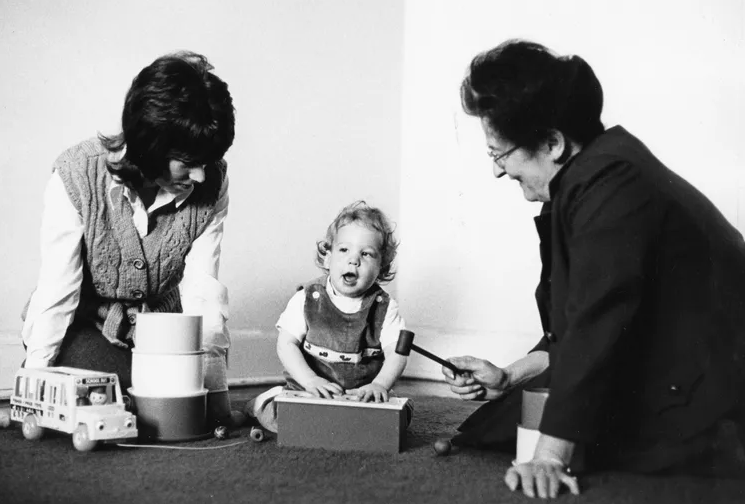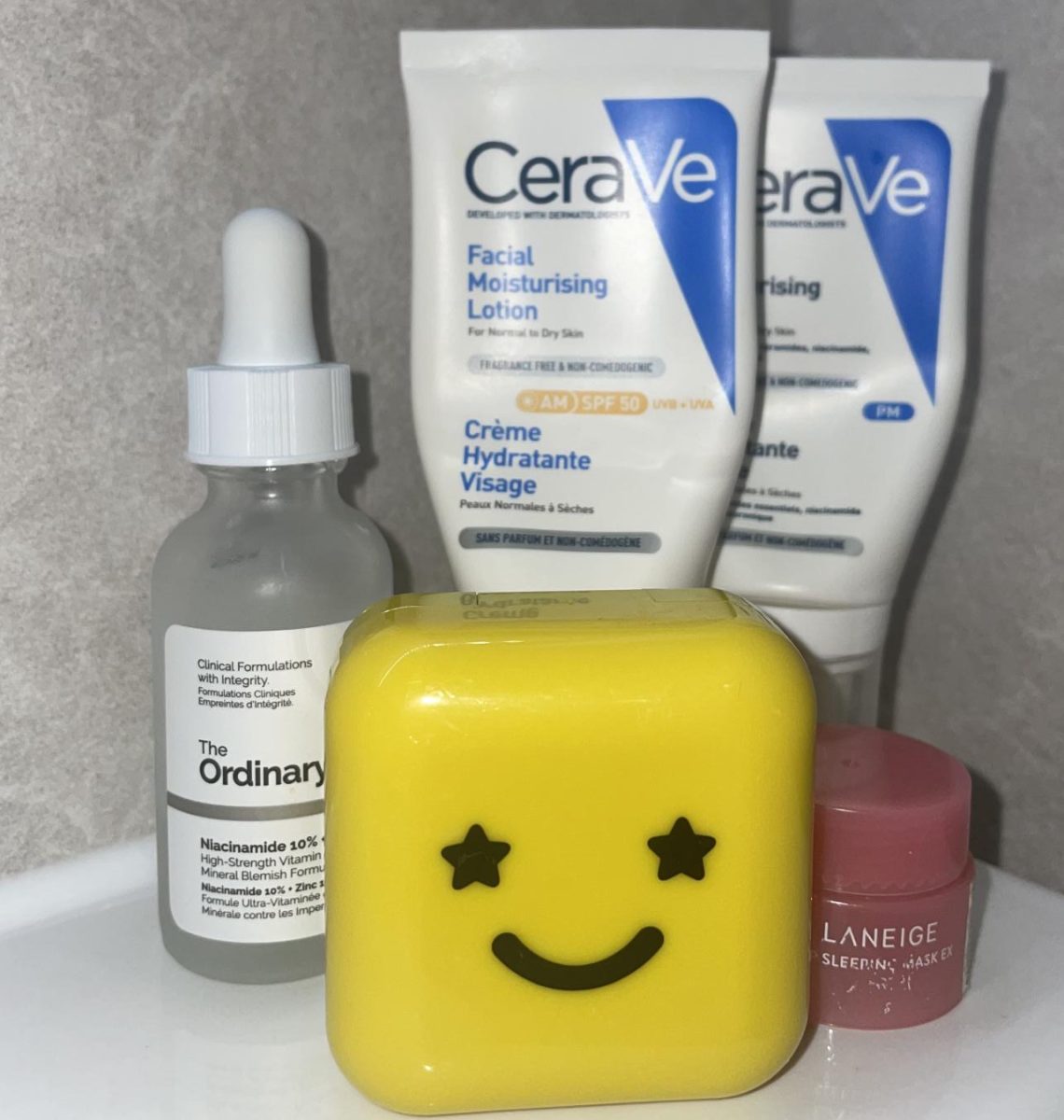Have you ever thought where our medicines and medical treatments come from? Or if animals are essential to our need to medically advance? Out of the 252 essential chemicals that have been selected by the World Health Organisation, only 8.7% are from animals. According to Peta, who is an animal welfare organisation, 90% of animal testing experiments fail.
According to frame.org, the use of animals in scientific experiments in the UK can be traced back at least as far as the 17th Century with William Harvey’s experiments on numerous animal species. His experiments were seen as crucial to his conclusion. Medical professionals such as Gerald Friedland stated that the: “discovery of the function of the heart and the circulation of blood was the greatest medical discovery of all time. His legacy of curiosity, research and discovery has had a lasting impact on the practice and science of medicine, according to the Royal College of Physicians and thereby giving a positive light to the use of animal testing.
RSPCA suggested alternative methods to animal testing, such as using isolated cells and tissues instead of live animals. They argue that we should use design ways of doing experiments safely in human volunteers and explore advanced technologies like using robotics, molecular techniques, and tissue engineering. However, even though these strategies are great suggestions to stop experimenting on animals, they may do say: “humans cannot be used in potentially harmful experiments and isolated cells and tissues may not be able to give the whole picture of a complicated living system.
The National Institute of Health says that Animal testing has saved lives and improved health. Animal research has helped to develop and create new treatments to tackle diseases such as cancer, heart attacks, strokes, diabetes, and HIV. For animals are biologically similar to humans. For example, mice share more than 98% of their DNA with us. They are susceptible to many of the same health problems, making them valuable models for research. While animal testing remains a debatable issue, its impact on human health cannot be ignored. Finding a balance between scientific progress and ethical considerations is vital as we continue to seek advancements in medicine and healthcare.
A student at Xaverian College stated that: “animal testing is a form of animal cruelty regardless of the reason.” Does this powerful statement encourage us to question the morality behind this practice? And if so, what could you do about it? Finding a balance between scientific progress and ethical considerations is vital as we continue to seek advancements in medicine and healthcare; and although we must recognise that animal testing has the potential to make new discoveries, it is also important to envision a: “world where non-animal methods are accepted as scientific best practice” as declared by FRAME, an animal welfare organisation.






































